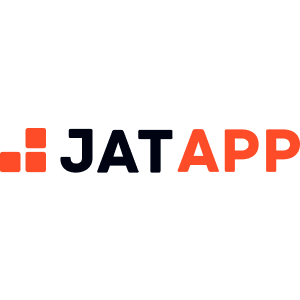Audio Presented by

Custom software development company that transforms businesses across a variety of industries
About Author
Custom software development company that transforms businesses across a variety of industries

Custom software development company that transforms businesses across a variety of industries
Custom software development company that transforms businesses across a variety of industries